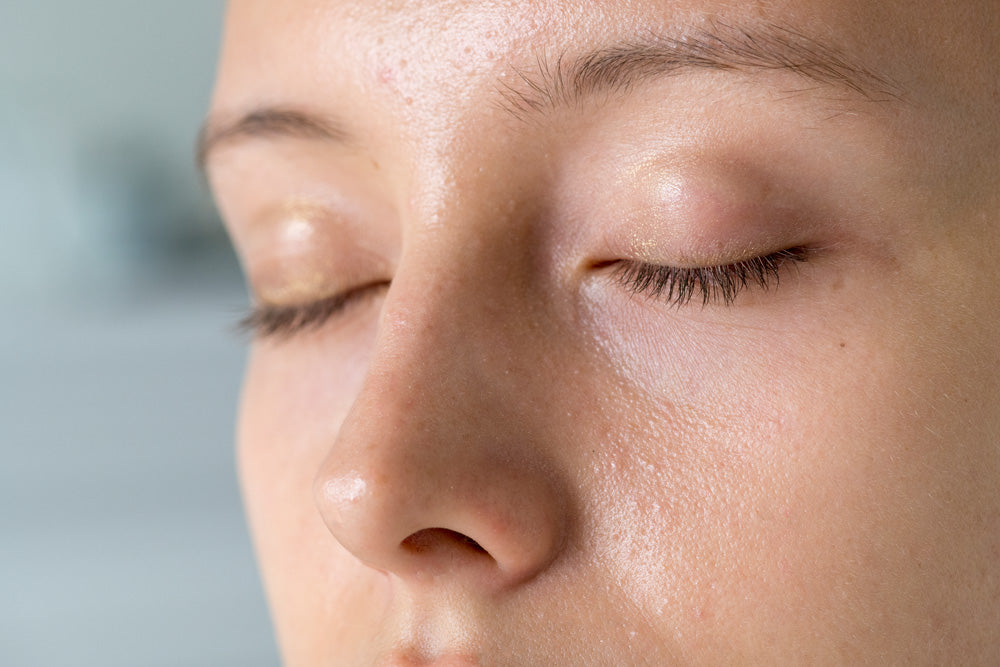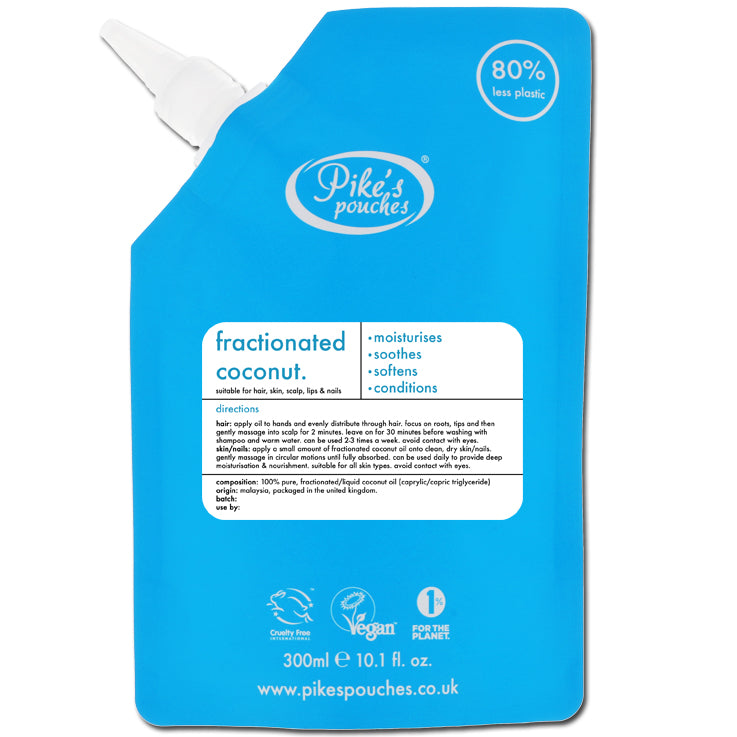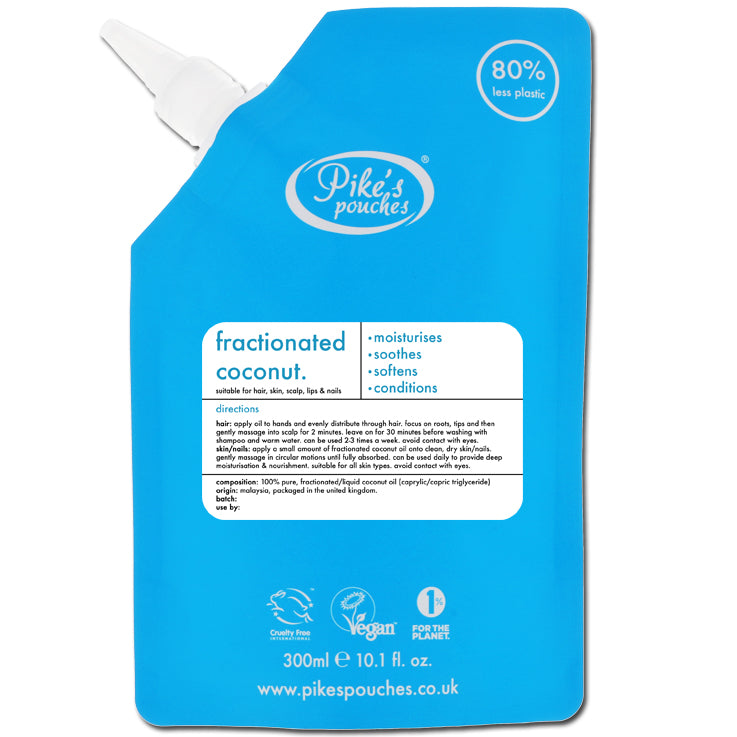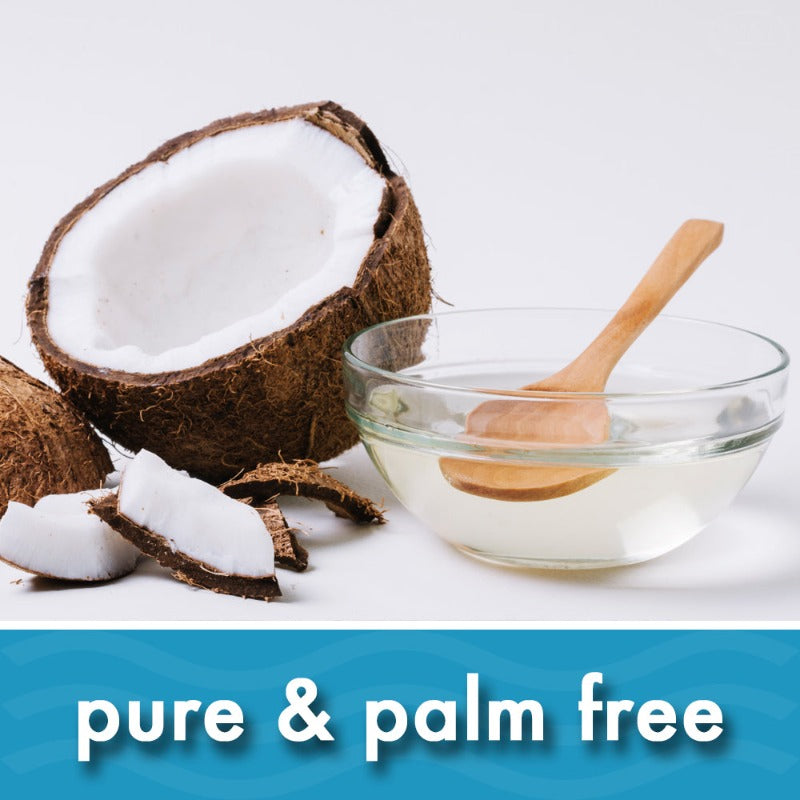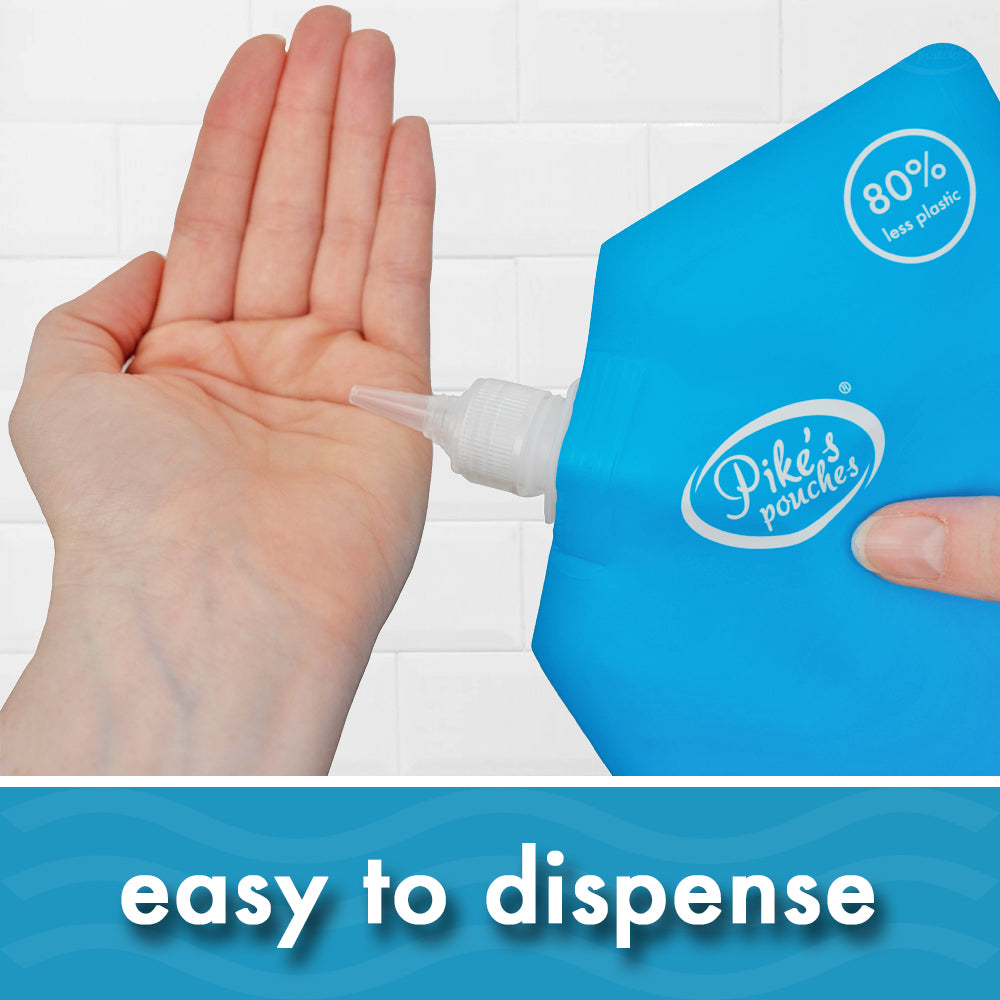Estimated reading time: 4 minutes
Table of Contents
- Is Coconut Oil Bad for Your Pores?
- How Do You Use Coconut Oil Without Clogging Your Pores?
- What Are the Disadvantages of Using Coconut Oil on Your Body?
- Does Your Body Absorb Coconut Oil Through Skin?
- Conclusion
Is Coconut Oil Bad for Your Pores?
Coconut oil has become a popular ingredient in skincare, but concerns remain about its potential to clog pores. There are different types of coconut oil, each with varying effects on the skin. Virgin coconut oil, which is unrefined, is more likely to clog pores due to its high comedogenic rating. This means it can block pores, leading to blackheads and acne, particularly for those with oily or acne-prone skin. On the other hand, fractionated coconut oil is processed to remove long-chain fatty acids, making it less likely to clog pores. It retains the beneficial properties of coconut oil, such as its moisturising and antimicrobial effects, without the high risk of pore blockage.
How Do You Use Coconut Oil Without Clogging Your Pores?
To enjoy the benefits of coconut oil without clogging your pores, consider using fractionated coconut oil. This form of coconut oil remains liquid at room temperature and is less comedogenic. You can use it as a lightweight moisturiser, makeup remover, or even as a carrier oil for essential oils. Apply it sparingly to clean, dry skin and avoid using it on areas prone to breakouts. Always patch test before incorporating a new product into your skincare routine to ensure it suits your skin type.
What Are the Disadvantages of Using Coconut Oil on Your Body?
While coconut oil offers numerous skincare benefits, it does come with some disadvantages. Virgin coconut oil can be too heavy for some skin types, leading to clogged pores and acne. Its thick consistency may also be unsuitable for those with oily skin. Fractionated coconut oil, however, is a lighter alternative that provides similar benefits without the risk of clogging pores. It's more suitable for various skin types and can be used safely on the face and body.
Does Your Body Absorb Coconut Oil Through Skin?
Coconut oil can be absorbed through the skin, but the rate and effectiveness depend on the type of coconut oil used. Virgin coconut oil has larger molecules, which can take longer to penetrate the skin and may leave a greasy residue. Fractionated coconut oil, with its smaller molecules, is absorbed more easily and leaves the skin feeling soft and hydrated without a heavy or greasy feel. This makes fractionated coconut oil a preferable option for those seeking deep moisturisation without clogging pores.
Conclusion
Coconut oil can be a versatile addition to your skincare routine, but it's essential to choose the right type to avoid clogging your pores. Virgin coconut oil may not be suitable for everyone, especially those with oily or acne-prone skin. Fractionated coconut oil offers a lighter, non-comedogenic alternative that still delivers the hydrating and antibacterial benefits of coconut oil. By selecting the appropriate type and using it correctly, you can enjoy the advantages of coconut oil without compromising your skin's health.

